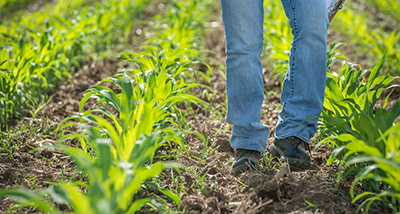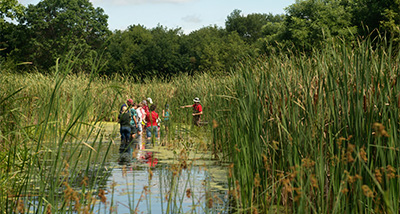
Why Study Environmental Science?
Major | Environmental Sciences/Science | CAFES
An interdisciplinary major designed to prepare students to face increasingly complex environmental challenges, environmental science integrates math, chemistry, physics, geology, hydrology, atmospheric science, soil science, biology and geospatial data analysis. Our Environmental Science Program provides a solid educational foundation to help you respond to those challenges from an environmental quality management and sustainable development standpoint.
16
Fortune 500 Companies Close to Campus
76%
Of Students Completed At Least One High-Impact Practice Before Graduation
700+
Students in Honors Programs

Environmental Science
cafes@uwrf.edu // 715-425-3535
Your Degree:
Undergraduate
Area of Study:
Environmental Sciences/Science
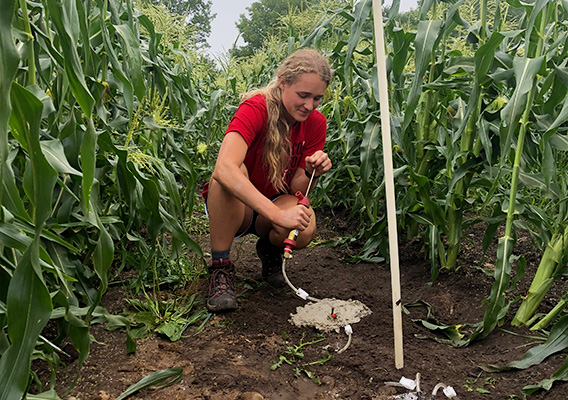
Skills and Learning Outcomes
- Quantify and evaluate the state of various environmental resources.
- Critically examine the movement and fate of important elements and compounds through the environment and recognize how human activity affects the natural balance of these cycles..
- Monitor, model and manage environmental systems in the areas of environmental quality and risk evaluation, sampling and analysis, remediation and regulatory compliance.
- Safely utilize field equipment used in the environmental science field.
Types of Courses
- Applied Hydrology and Water Quality
- Biometrics
- Cell and Molecular Biology
- Chemical Fate and Transport in the Environment
- Environmental Analysis
- Environmental Impact Assessment
- Environmental Law
- Environmental Policies and Administration
- Environmental Sustainability: Theory, Issues, and Management
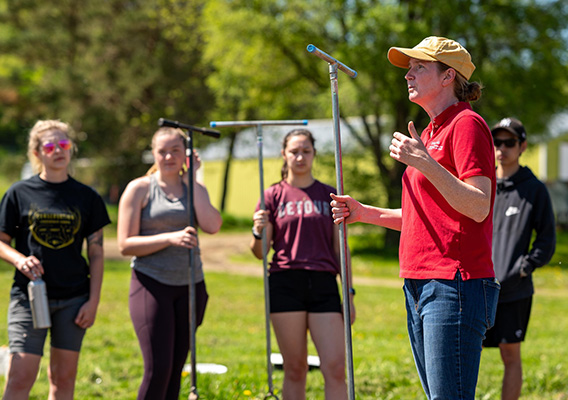
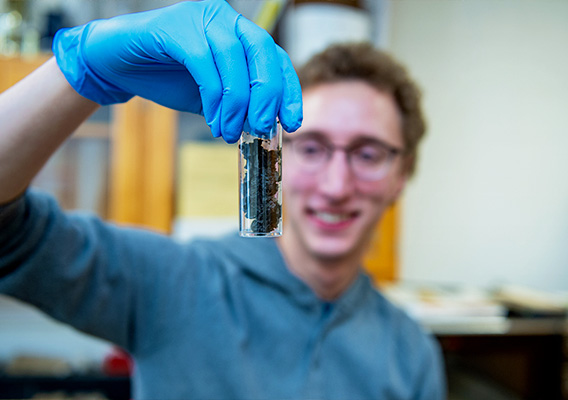
Potential Careers
Many environmental science students attend graduate school after completing their undergraduate degree, while others find work in a variety of roles including:
- Ecologist
- Environmental Chemist or Scientist
- Environmental Consultant
- Hydrologist
- Natural Resource Manager
- Regulatory or Remediation Specialist
Get More Information
Interested in learning more about UWRF or any of our 70+ areas of study? Just share your contact information and we'll be in touch!

